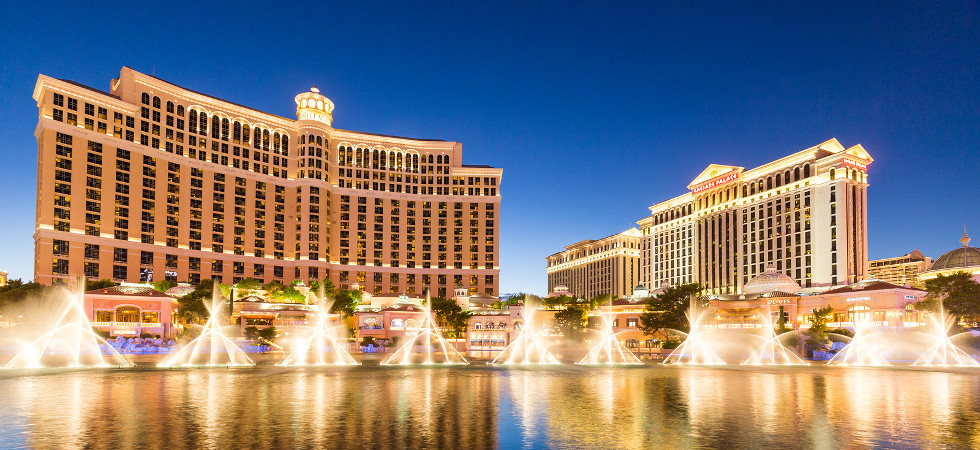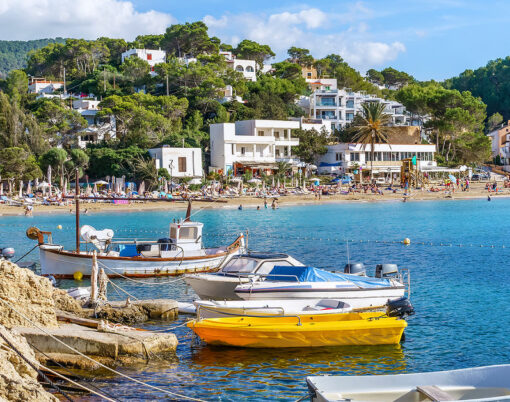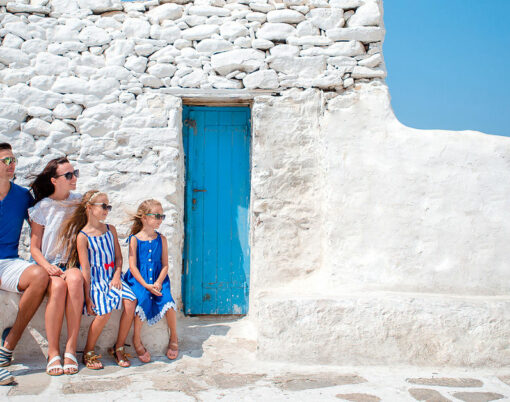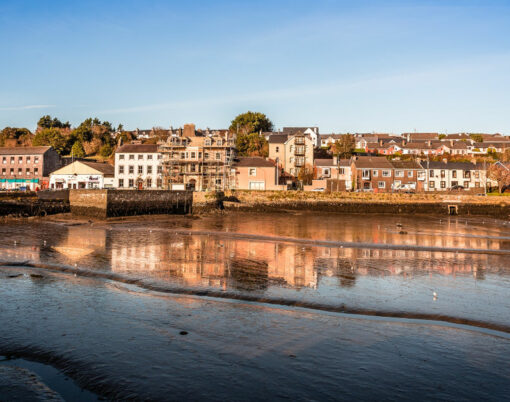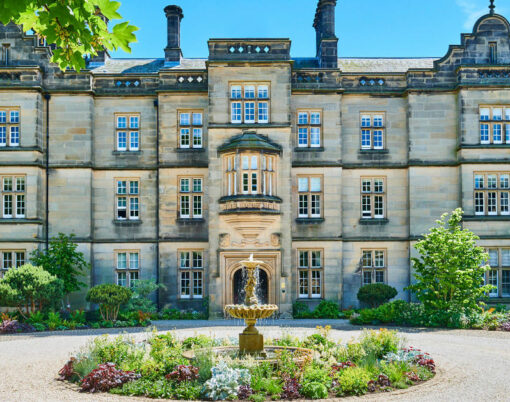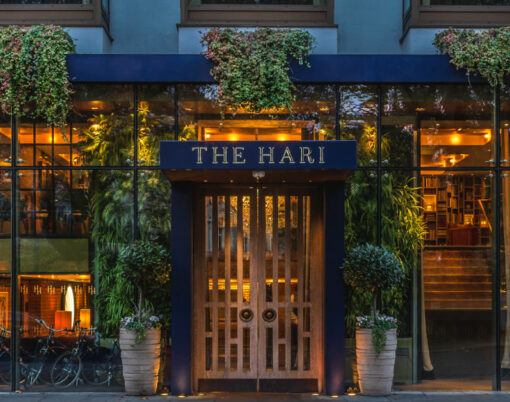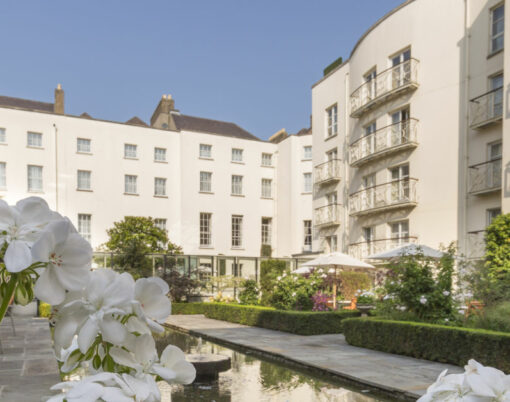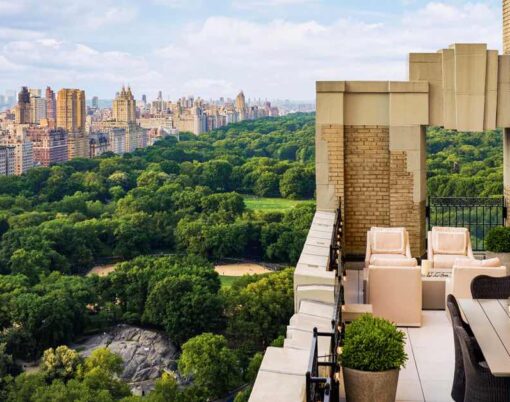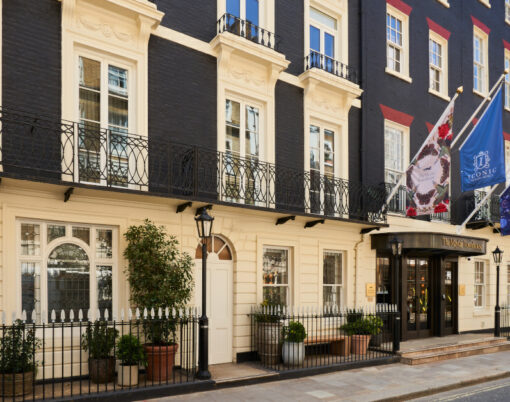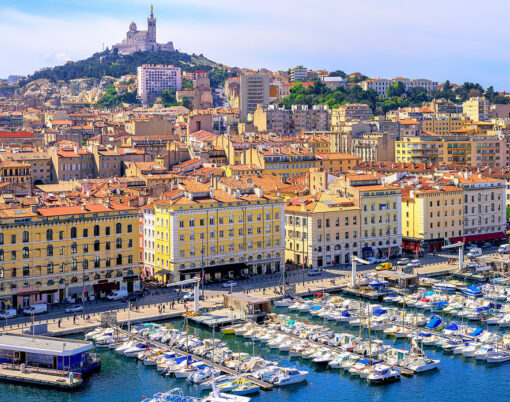Whether it be a casual flutter at the roulette wheel, or a committed, full-tilt assault on the poker table, punters flock in bigger and bigger numbers to casinos around the world.
According to the most accurate data on the industry, gross gaming yield (GGY), the term used to represent the value of gambling revenues globally, is estimated at $495 billion for 2019. In the UK alone, GGY stood at £14.5 billion for the financial year ending March 2018.
While growth in the gambling market has been stable, there are a couple of specific areas that continue to drive the industry’s expansion. The remote sector, which includes mobile casinos like Fortune Frenzy, grew nearly 3% in 2018 – accounting for nearly a third the UK’s GGY. The other major player in the industry’s growth, both in the UK and abroad, is the rise of the luxury casino resort.
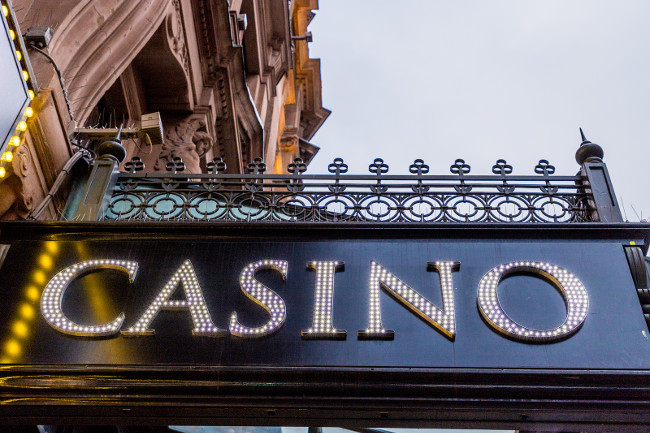
If I asked you to close your eyes and conjure up an image in your mind’s eye to match the word ‘casino’, I’m sure many of you would think of the bright lights of Las Vegas, or perhaps the slots at Atlantic City, but, in truth, gambling has existed, in one form or another, in almost every civilised society in human history.
Entertainment based on games of chance became increasingly popular as time went on, and the first European gambling house, although not technically known as a casino, emerged in Venice in the 1600’s. The Ridotto, as it was called, served as a benchmark for the legitimisation of the casino concept, which has exploded in the centuries since.
In America, four cities, New Orleans, Chicago, St Louis and San Francisco served as the founding fathers of casino culture, as travellers from around the United States would meet up in saloons to drink and gamble. Following the government’s decision to outlaw gambling in the early twentieth century, many of these games went underground – until Nevada’s state government paved the way for the creation of the world’s gambling Mecca, Las Vegas. Soon, much of the world followed suit.
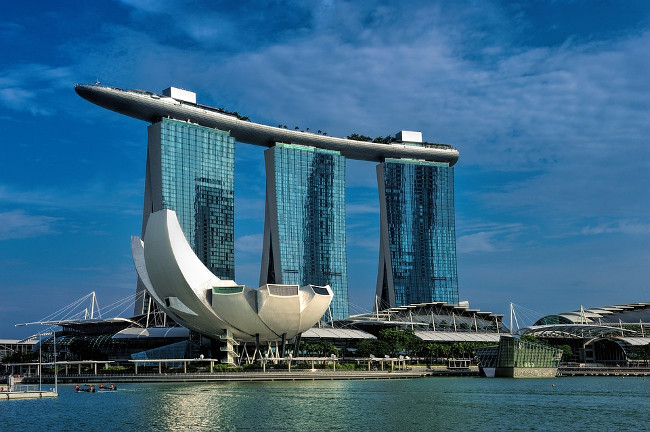
Fast-forward to the contemporary era, and you’d struggle to find a major global city that doesn’t cater extremely well to transient folk who like a flutter. After all, what better way to ensure that your clientele spend as much time at the slots as possible, than providing a luxurious hotel experience on-site?
From Monaco, through Macau and all the way to Melbourne, casino hotels are now a staple. In fact, in some cases, they have become the centre-pieces of the city – serving as dominant icons in the skyline, as well as local culture. One such example, and perhaps the most iconic of these, is the Marina Bay Sands, which dominates the skyline of the island city-state of Singapore – which stands as the gambling capital of the South East Asian region. The Marina Bay Sands, a three-towered casino resort behemoth bridged by penthouse tier containing an infinity pool, cost an estimated $8 billion to build, which was a little more expensive than planned, but hotel chiefs, the Sands group that also owns many iconic global resorts, expect it to deliver $1bn in annual profit – paying itself off within a decade.
It is little wonder, then, when you couple the profitability of resorts like Marina Bay Sands with a growing industry, that so many casino hotels continue to gain planning approval. A cursory scan of industry news reveals that high-end resorts continue to open around the world. Some continue to try and exploit well-known gambling hotspots, like the 474,000 square foot Soboba Casino Resort in California, other municipalities are beginning to chance their arm on the alluring tourism trap of a luxury casino hotel. The New Macau Casino in Tete, Mozambique opened in May of this year, on the same day as the Galaxy Plaza Hotel also opened its doors in Cambodia.
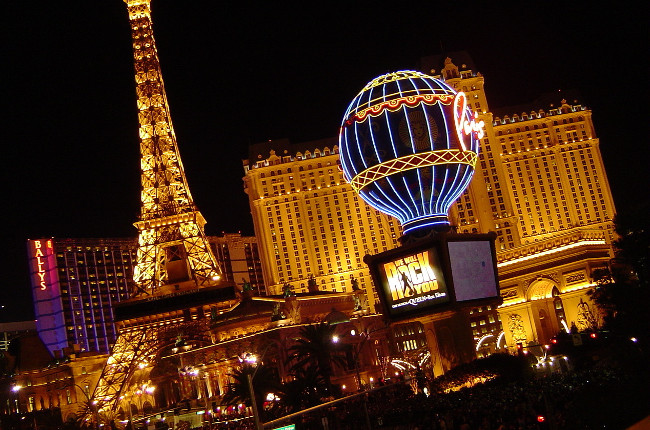
Although you may not necessarily associate the thrill of casino gambling with countries like Mozambique and Cambodia, it does make reasonable financial sense for local authorities to improve its tourism package by commissioning casinos – particularly in areas with weak currency. A cursory glance at the tourism data in Las Vegas, the most obvious example of a gambling destination, provides all the evidence that one needs. Annual visitor volume has increased from 6.7 million, in 1970, to 42.9 million in 2016 – a figure which remains stable to this day. It goes without saying that the majority of this influx of people comes from visitors to the Strip.
If you build it, they will come.
Please gamble responsibly (18+ UK) – check age restrictions before participating












